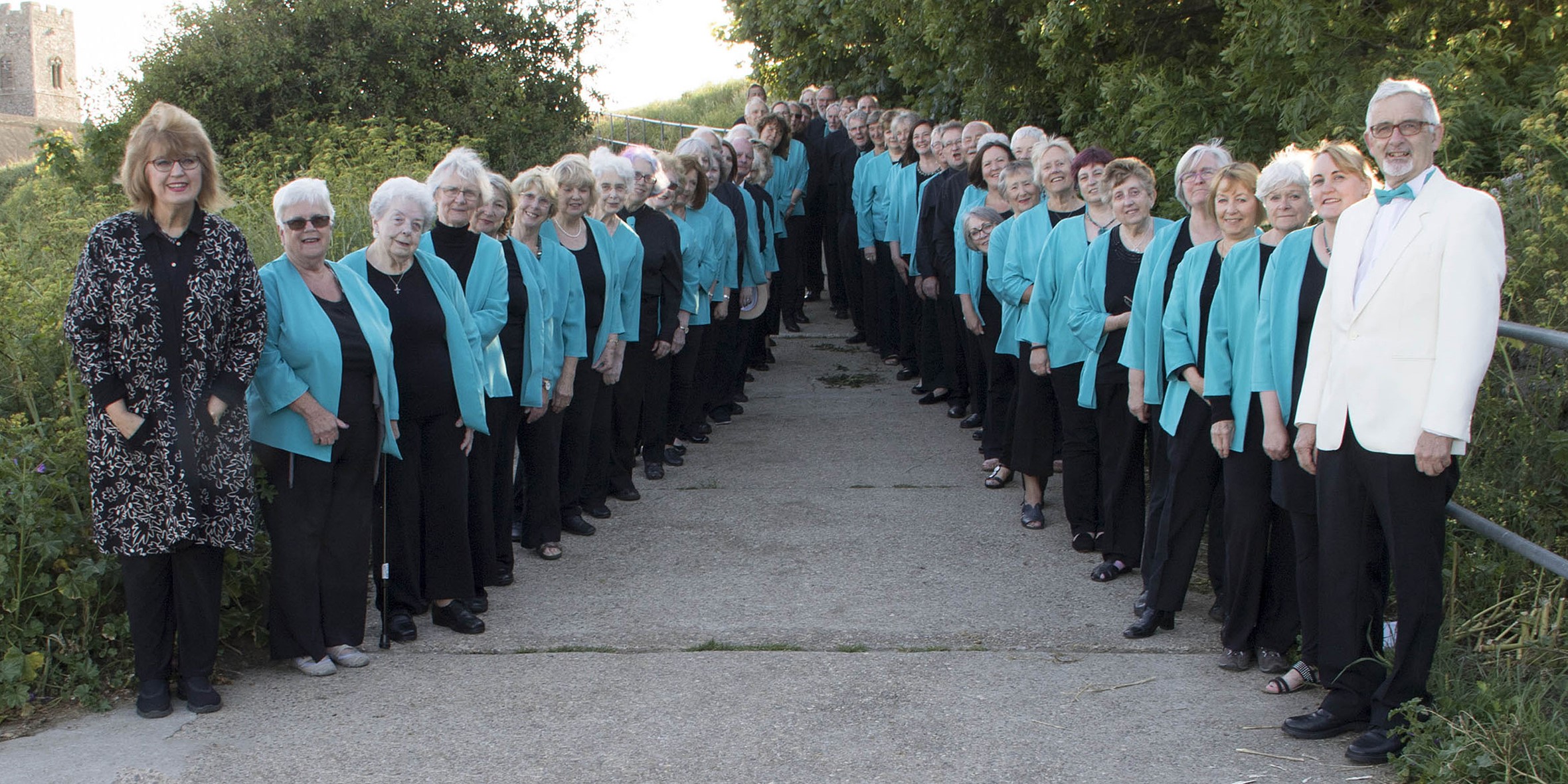Sponsor/Support us

Sponsor/Support Us
The choir is self-financing from members’ subscriptions, which cover the week to week rehearsal costs and professionals’ fees. We aim to cover concert expenditure from ticket sales but this is always a challenge, particularly when, in order to perform to our own high standards and meet the expectations of our audiences, the programme calls for soloists and instrumentalists. Despite good audience numbers we rarely make a profit. This means that even with our ongoing in house fundraising there is very little available for major purchases such as keyboards.
If you would like to sponsor us, make a donation or offer any other kind of support please Contact Us or email the Treasurer at pakefieldsingers@gmail.com
Borrow or Hire our Equipment
Staging Equipment
Pakefield Singers own a set of Revostage, tiered performance risers, so that we can perform in a variety of curved or straight configurations. The whole structure is assembled from many light components, allowing the entire assembly to be easily constructed and taken apart for each concert.
To store and transport the risers we also have a trailer which can be towed to and from performance venues with a medium-sized car.

The risers are available for other groups to use. If you would like more information or request them for your own group’s performance.
Please ask for details via the Contact Us page
Other Equipment
The choir also owns various other items, including lights, which can be borrowed or hired depending on the nature of the request.
Please ask for details via the Contact Us page
News and Views
Why Sing?

The impact of singing on well-being, positive mental health and the maintenance of cognitive functioning is well documented.
The following summary appears on the website of British Heart Foundation:
Professor Graham Welch, Chair of Music Education at the Institute of Education, University of London, has studied the developmental and medical aspects of singing for 30 years. He found that the health benefits of singing are both physical and psychological.
“Singing has physical benefits because it is an aerobic activity that increases oxygenation in the blood stream and exercises major muscle groups in the upper body, even when sitting. Singing has psychological benefits because of its normally positive effect in reducing stress levels through the action of the endocrine system which is linked to our sense of emotional well-being. Psychological benefits are also evident when people sing together as well as alone because of the increased sense of community, belonging and shared endeavour.”
Why Sing in a Choir?

We know that Pakefield Singers is highly valued by members, not only for the musical experience but also because it meets individual needs. For example, Jean says “I have made some lovely friends. I always feel so happy when I’ve been!” (elderly living alone) and Sian comments that the choir “provides the only “me” time I get” (young mother). We have at least three members over 80 and our oldest singer (age 83) jokes that the choir ”keeps his little grey cells from shrivelling” and David who works in a stressful job says “I enjoy meeting lots of different people. The choir helps me relax.”
The choir has also helped individuals to cope during difficult times in their lives. We have had a number of people who joined the choir to help them recover from losing a dear one. It is well known that music can help recovery and it certainly has seemed to help our singers. Laura said “Coming to choir each week really helped me when I lost my Dad earlier this year” and Barry found that “Choir rehearsals kept some sort of normality for me during chemotherapy following my operation.”
For at least one singer “The pleasure of other people’s enjoyment of the choir” provides the greatest satisfaction. Audience feedback from our most recent concert suggests that people value our music making with comments such as, “a rare opportunity to hear this kind of music locally, more please” and “very enjoyable and uplifting” being representative.

